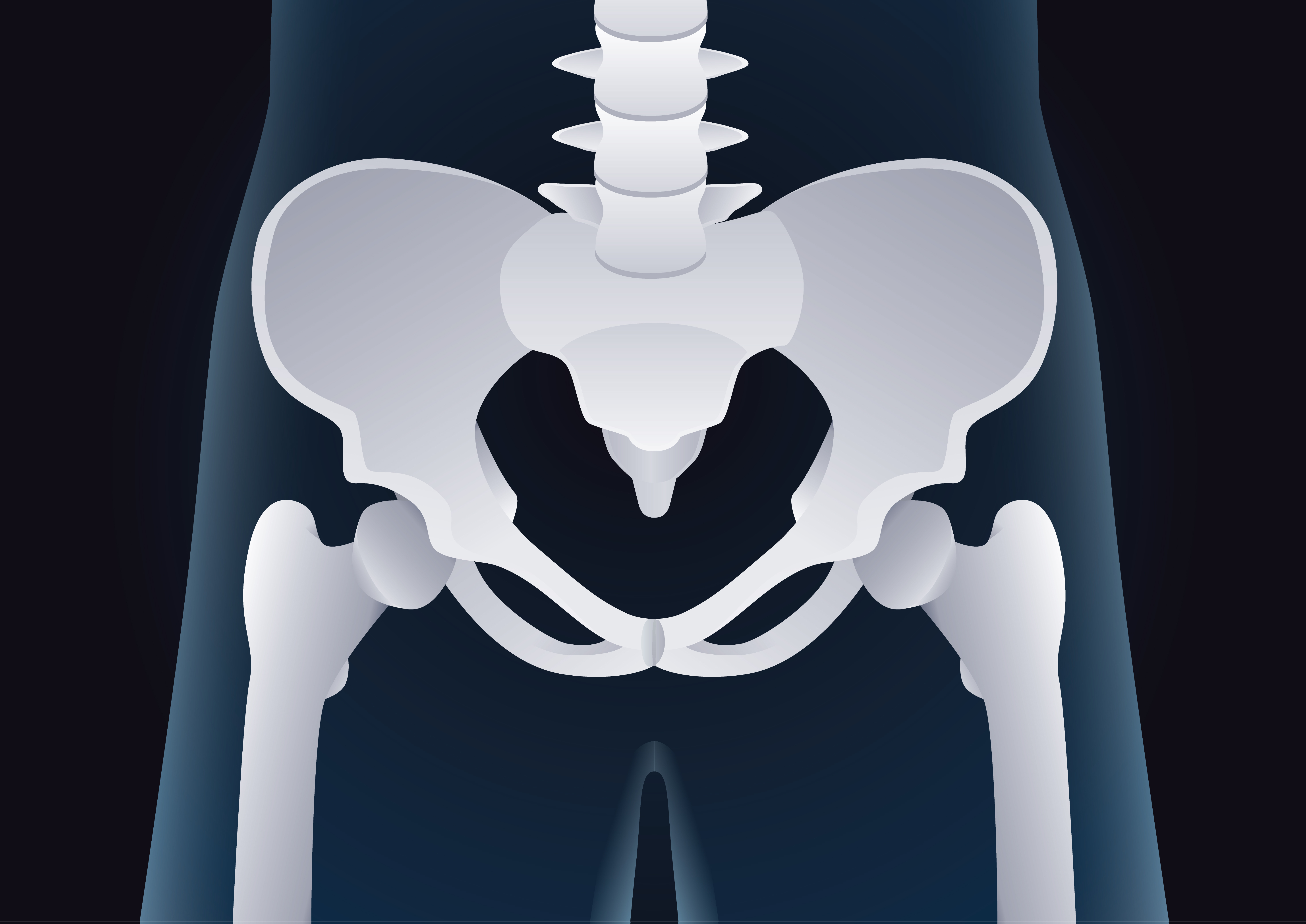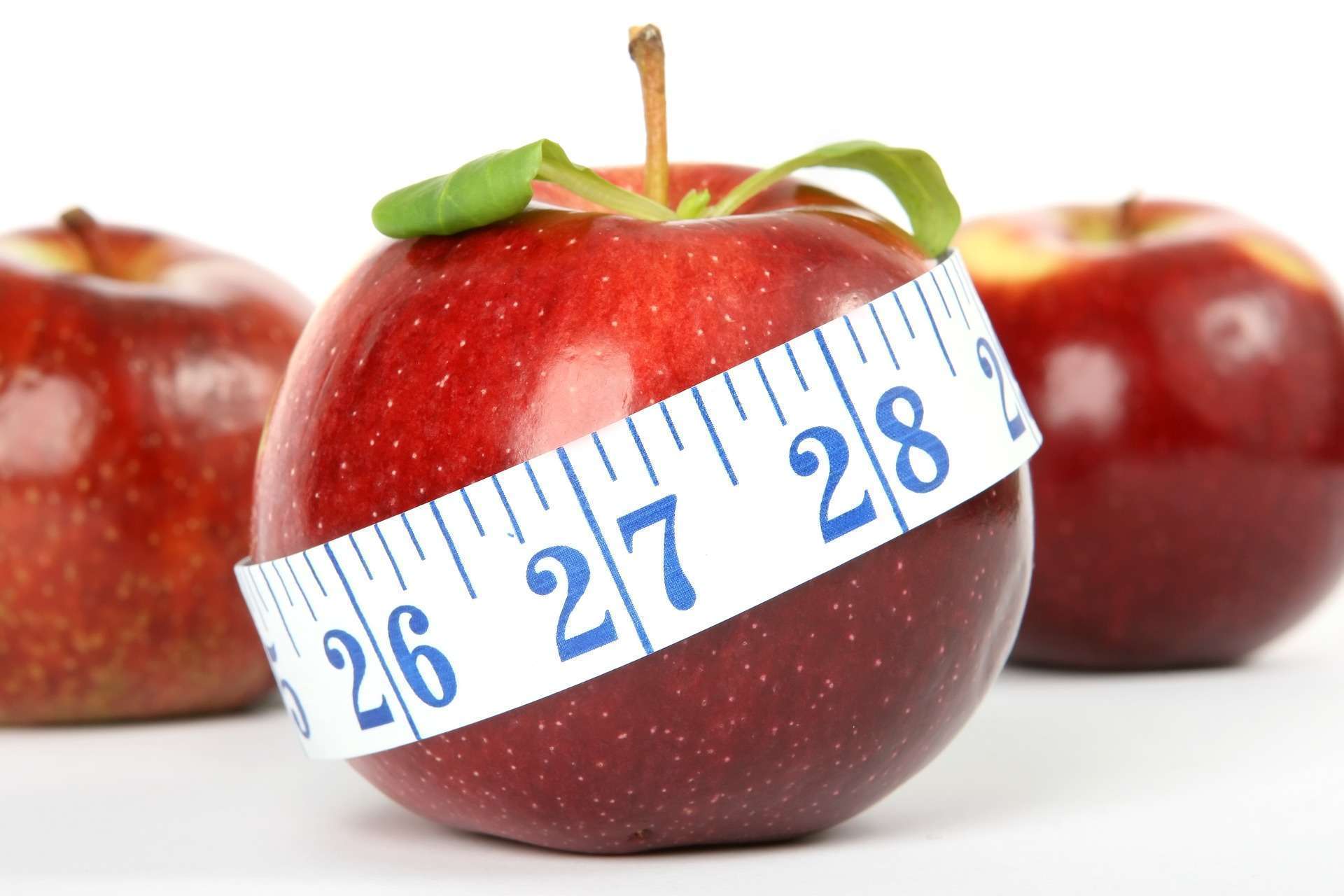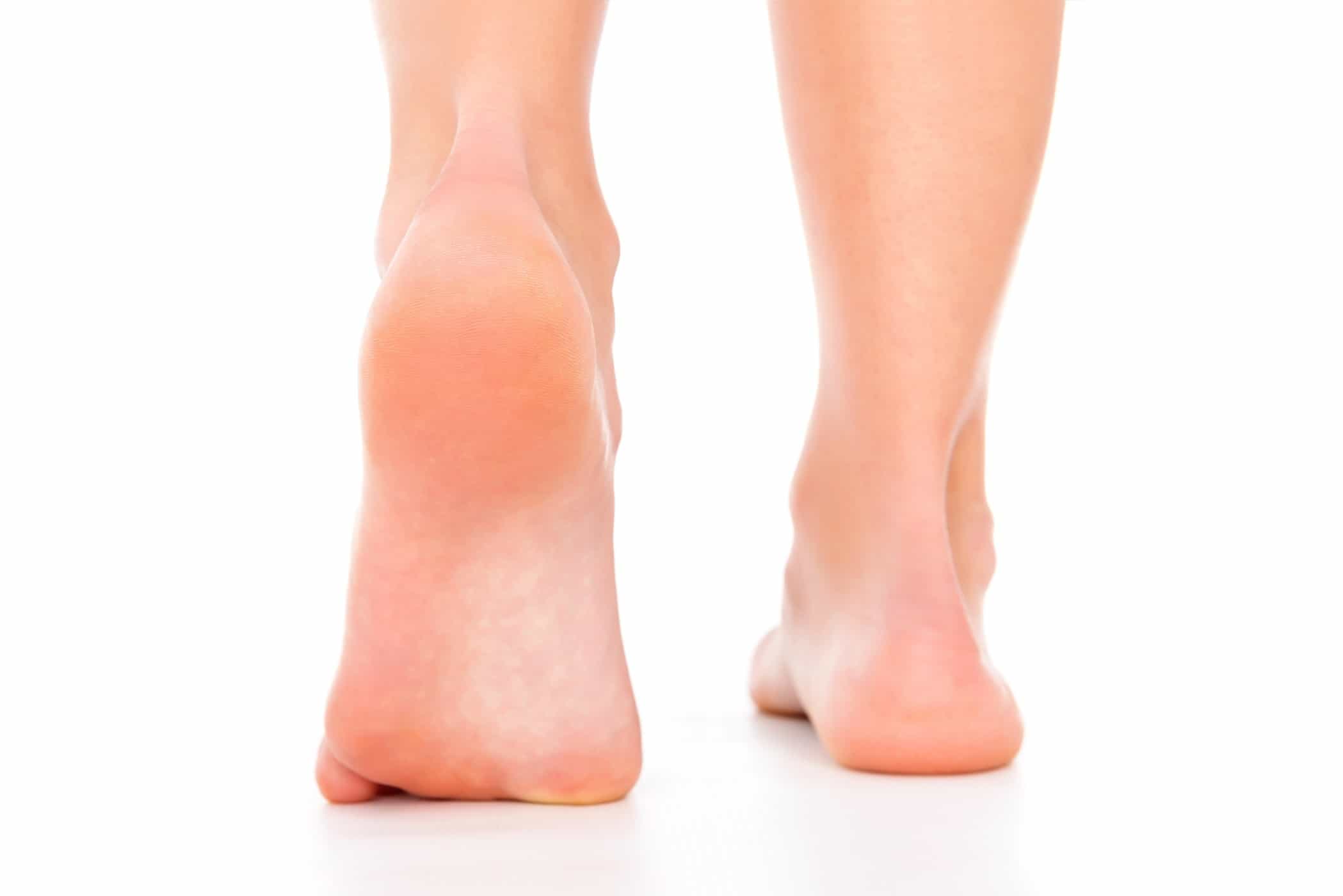Contents:
- Medical Video: how to grow height faster in 1 week for teenagers
- Why is calcium so important for teenagers?
- How much calcium does a teenager need?
- Teenage girls need more calcium than teenage boys
- Where can I get calcium?
Medical Video: how to grow height faster in 1 week for teenagers
Calcium is known as a mineral that is needed for bone growth. When talking about growth, especially bone growth, surely what we remember is about calcium. This is true, because about 99% of calcium is found in bones and teeth. Very much, right? That's why we are advised to increase calcium intake. However, do you know that the biggest need for calcium intake occurs in adolescence?
Why is calcium so important for teenagers?
Adolescence is a period of growth, where the need for nutrients increases to support this growth. At this time there is also a peak of bone growth so that calcium is needed in large quantities to support growth. In addition, the best absorption of calcium also occurs in children and adolescents.
And, do you know? We only have one chance to form strong bones. About 30% of the minerals are stored in the bones during life, and this occurs during adolescence. Approximately 90% of adult bones have formed at the age of 18 years and may occur earlier in some women. For those of you who are over 18 years old, don't be sad and don't even think you don't need calcium anymore. You still need calcium intake, only not as much as you need in adolescence.
How much calcium does a teenager need?
Calcium, one of the most important minerals, is needed to help bone growth. Not only for bones, calcium also has an important role in blood clotting, muscle contraction, nerve function, and also to release hormones. Cells need calcium to activate certain enzymes, transport ions across cell membranes, and send and receive messages between nerve cells. Calcium is also an electrolyte which plays a role in maintaining a regular heart rate.
If someone does not get enough calcium from the food they eat, the body will take calcium in the bone to maintain the function of the cell to remain normal, which will cause weakness in the bone. If you get enough calcium and do physical activity while still young and continue into adolescence, chances are you have strong bones when you are older.
Bone grows rapidly during adolescence so it takes a lot of calcium to build strong and healthy bones. But many teenagers don't know it so they don't meet their calcium needs. Calcium needs of adolescents are classified as the highest during life, namely reaching 1200 mg / day (based on the 2013 Nutrition Adequacy Rate). Even some countries have recommended consuming 1300 mg / day of calcium. This recommendation is intended for children aged 10-18 years, where rapid growth is occurring.
However, this number seems difficult to fulfill. The National Institutes of Health found that only 1 in 10 girls and 1 in 4 boys consumed enough calcium a day.
Teenage girls need more calcium than teenage boys
Teenage girls tend to consume less calcium than adolescent boys. Even though calcium in bones begins to decline in adulthood and individuals begin to lose bone density, especially in women.
Until the age of 30 years, the body will continue to give calcium to the bones, making it solid and strong. However, after about the age of 30 years and over, bone mass will decrease. Bone density will continue to decrease, especially in women after menopause because the hormone estrogen will stop being produced. This estrogen hormone plays a role in forming bone density. This makes women at risk for osteoporosis in the elderly.
Where can I get calcium?
Not only does milk provide calcium, but there are still many other food sources that contain calcium. So, for those of you who are allergic to milk, it is not a reason for you not to be able to meet your calcium needs per day. The following are foods that contain calcium.
- Milk and milk products, such as yogurt and cheese
- Green leafy vegetables, such as broccoli, spinach, lettuce, bok choy, kale leaves, and so forth
- Soy foods, such as soy milk, tempeh, tofu, tofu, and soy yogurt
- Red beans
- Fish, such as sardines, tuna, salmon, and anchovy.
- Almond nut
- Orange
- Calcium fortified foods, such as those found in cereals and bread
READ ALSO
- Why Our Body Needs Calcium (Not for Bones Only)
- Calcium as a Nutrition for Children
- Plus Minus 3 Types of Milk Alternatives to the Cow Milk Allergy












